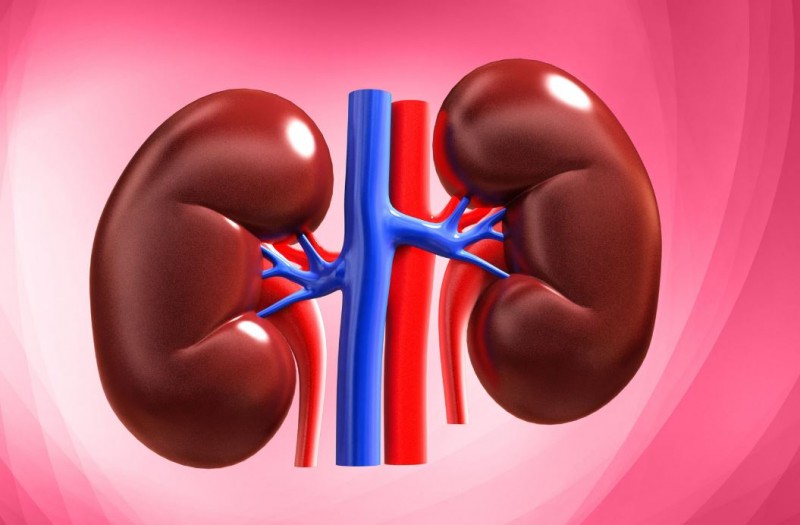
Your kidneys play a vital role in filtering waste products and excess fluids from your blood. To keep them functioning optimally, a balanced diet is crucial. This goes beyond just general healthy eating – it involves incorporating specific strategies to support kidney health while managing any dietary restrictions you might have.
Foods to Embrace for Kidney-Friendly Eating
Fruits and Vegetables: These are packed with essential vitamins, minerals, and antioxidants that support overall health, including your kidneys. Choose a colorful variety to maximize nutrient intake.
Whole Grains: Whole grains like brown rice, quinoa, and oats provide sustained energy and fiber, which can help manage blood sugar levels and cholesterol, both of which are important for kidney health.
Lean Protein Sources: Protein is essential for building and repairing tissues, but excessive amounts can put strain on your kidneys. Opt for lean protein sources like fish, skinless chicken, beans, lentils, and nuts (in moderation).
Low-Fat Dairy Products: Low-fat dairy products like milk and yogurt are good sources of calcium and vitamin D, which are important for bone health. However, be mindful of potassium content in some dairy products.
Foods to Limit for Kidney Health
Sodium (Salt): Sodium can increase blood pressure and fluid retention, putting stress on your kidneys. Limit processed foods, restaurant meals, and added table salt. Opt for fresh ingredients and herbs and spices to add flavor.
High-Potassium Foods: Potassium is important for nerve and muscle function, but too much can be problematic for people with certain kidney conditions. Consult your doctor or a registered dietitian to determine a safe potassium intake level and to identify high-potassium foods you might need to limit, such as bananas, avocados, and certain leafy greens.
High-Phosphorus Foods: Phosphorus is a mineral found in many foods, but excess intake can be problematic for people with kidney disease. Restrict phosphorus-rich foods like processed meats, some dairy products, and certain nuts and seeds.
High-Protein Foods: While protein is necessary, too much can burden your kidneys. Restrict red meat, organ meats, and some types of fish that are high in protein.
Individualized Approach is Key
It's important to remember that a kidney-friendly diet isn't a one-size-fits-all approach. The specific foods you need to limit or avoid will depend on the severity of your kidney condition and your individual needs. Consulting a doctor or registered dietitian is crucial to create a personalized plan that addresses your specific health concerns.
Additional Tips for Kidney Health
Maintain a Healthy Weight: Excess weight can put additional strain on your kidneys.
Stay Hydrated: Drinking plenty of water helps your kidneys flush out waste products. However, fluid restriction might be necessary in some cases, so consult your doctor for personalized advice.
Manage Blood Pressure and Blood Sugar: High blood pressure and blood sugar can damage your kidneys. Following a healthy diet and exercising regularly can help manage both.
Limit Alcohol and Smoking: These habits can worsen kidney function.
By following a kidney-friendly diet and working with your healthcare team, you can support your kidney health and promote overall well-being.